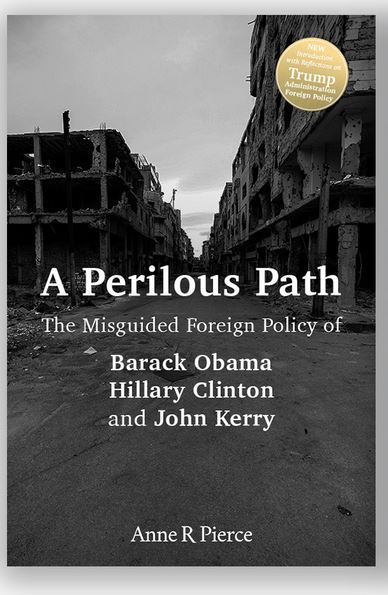Credibility
The overarching deficit in U.S.-China policy is our lack of credibility as a champion, never mind the leading champion, of freedom. Post-World War II American foreign policy wasn’t perfect, but it was morally, strategically, and militarily convincing. Reeling from the horrors and devastation of fascism and “total war” and faced with Soviet atrocities and conquests, the United States resolved to stop expansionist aggression in its tracks and counter extremist ideologies with ideas of political liberty and human worth. Universal rights initiatives flourished, while defenses and alliances grew. In word and deed, the U.S. promoted an economically open, democratically oriented, rules-based international order.
But after America “won” the Cold War, it displayed naive and incoherent policies and an unenergetic and unreliable commitment to principles. We stand with allies, then we don’t. We say we’re for human rights but equivocate. We rely on deterrence yet allow military capabilities to deteriorate. Imperial China has little reason to believe it will meet serious, sustained resistance. China was welcomed into the World Trade Organization despite human rights violations and technology theft and took shrewd advantage of the West’s hope that economic interaction would mitigate tyranny and aggression. China observed America’s precipitous withdrawal from Iraq, failure to enforce “red lines” in Syria, appeasement of Russia and Iran, and cruel, feckless abandonment of Afghanistan. China weighs the Biden administration’s timid support for Iran protests and quiet response to China’s own protests. President Joe Biden is encouraged by renewed “dialogue” with Chinese Communist Party President Xi Jinping, but Xi has seen Western negotiators fall for gestures and promises of adversaries who use “talks” to buy time and cover for antidemocratic schemes.
China notes our erraticism, as when the U.S. “pivoted” to Asia to contain China until reality forced attention to other global threats, until China’s worsening aggression inspired a re-pivot, until Russia launched all-out war on Ukraine. Failure to arm Ukraine and staunchly deter and sanction bellicose Russia before Russia’s assault sent a dangerous signal to China vis-a-vis Taiwan. China sees the West’s too little, too late assistance to Ukraine and plans accordingly.
Xi perceives a United States that won’t do enough to stop China from invading Taiwan or to counter China’s genocide, militarism, and expansionism. He foresees few consequences for China’s collusion with Russia, Iran, and North Korea, subversion of democracies, and feverish anti-American propaganda. If the U.S. wants to prevent the escalation of atrocities and hostilities and avoid war, it must first be convincing.
— Anne R. Pierce is the author of books and articles on American presidents, American foreign policy, and American society. Follow her @AnneRPierce.
This article was originally published in The Washington Examiner on December 1, 2022. Read the full article here.


